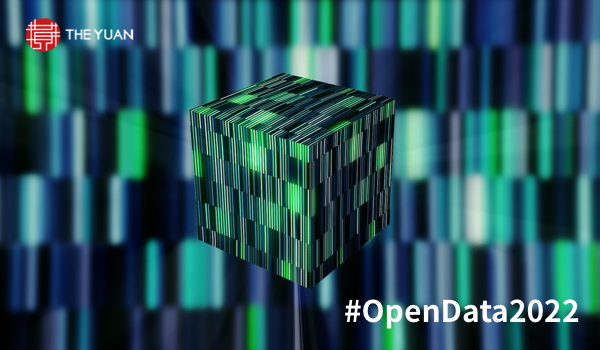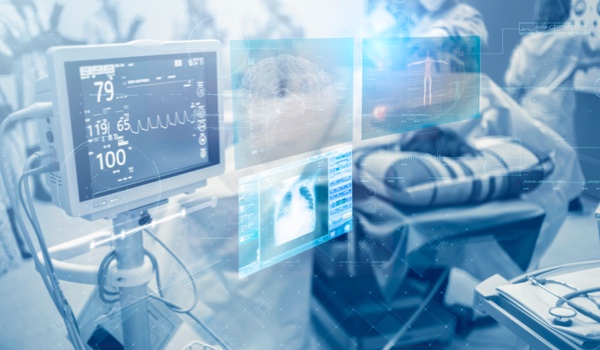


DENVER, COLORADO - "We can only see a short distance ahead, but we can see plenty there that needs to be done."- Alan Turing.
From the time people wake until the time they go to sleep, they generate data. Real-time data analysis has the potential to transform global healthcare. Smartphones and wearables like smart watches make it possible to record people’s locations on Google Maps, the number of steps they take, and the number of hours they sleep, withelectrocardiogram apps and other health apps recording people’s heart rates and rhythms. Still, this begs the question: Who ultimately controls these data?
While most people are not concerned with the altruistic use of data for the benefit of achieving better health outcomes for all, the most significant concern is that if not regulated appropriately, such health data could be abused for financial gain or sold to third-party users like health insurers. This, in turn, could cause future healthcare to become more stratified and lead to biases in its provision.
The world needs to strive towards a healthy, open data ecosystem that considers each of the various stakeholders, as well as other factors like bioethics, de-identification, correct data preparation, and information policies. In addition, there is a need to strike a better balance between reaping the benefits of an open data policy for healthcare and ensuring privacy protection.
Benefits of open data in healthcare
Opening up data makes it possible to share crucial medical information both nationally and globally. It allows the study of disease etiology, epidemiology, diagnostics, and response to therapeutics to align with ‘stratified medicine.’ It also goes one step further by eliminating a problem common to both medical research and machine learning: the issue of bias. It is well-known from academia that most medic
The content herein is subject to copyright by The Yuan. All rights reserved. The content of the services is owned or licensed to The Yuan. Such content from The Yuan may be shared and reprinted but must clearly identify The Yuan as its original source. Content from a third-party copyright holder identified in the copyright notice contained in such third party’s content appearing in The Yuan must likewise be clearly labeled as such. Continue with Linkedin
Continue with Linkedin
 Continue with Google
Continue with Google









 3461 views
3461 views








